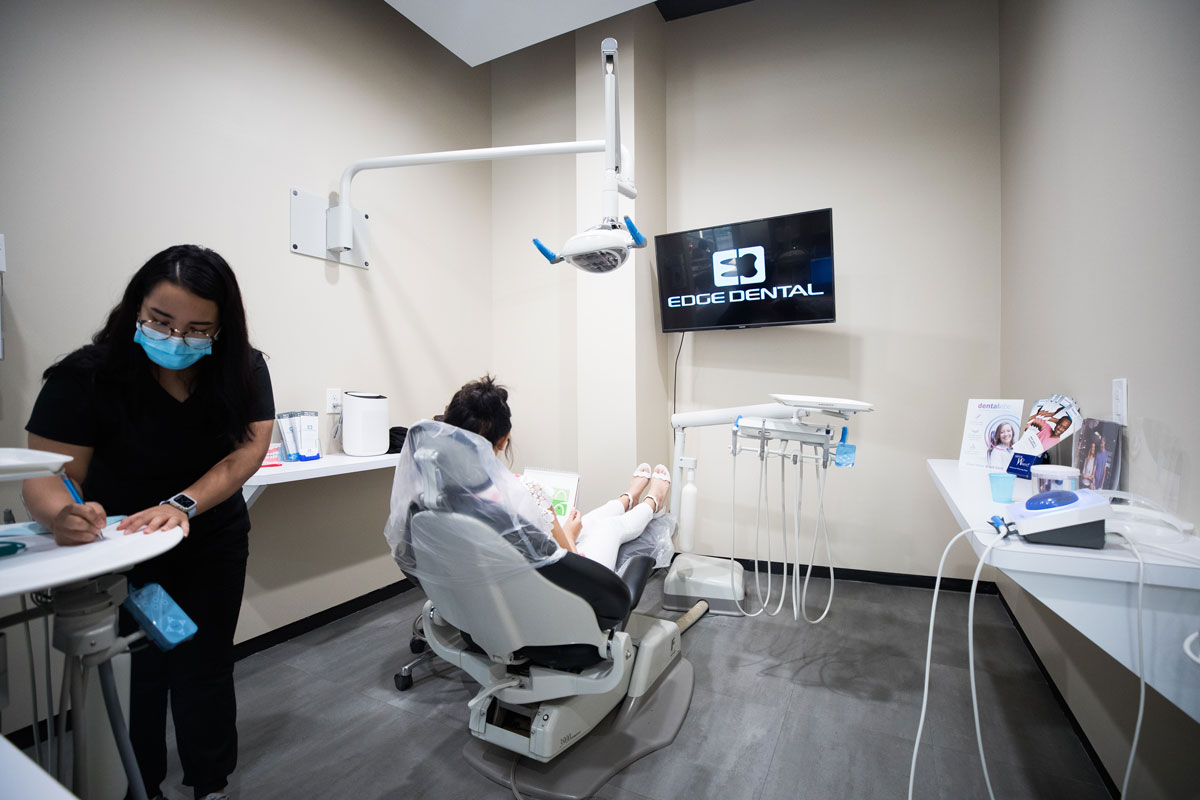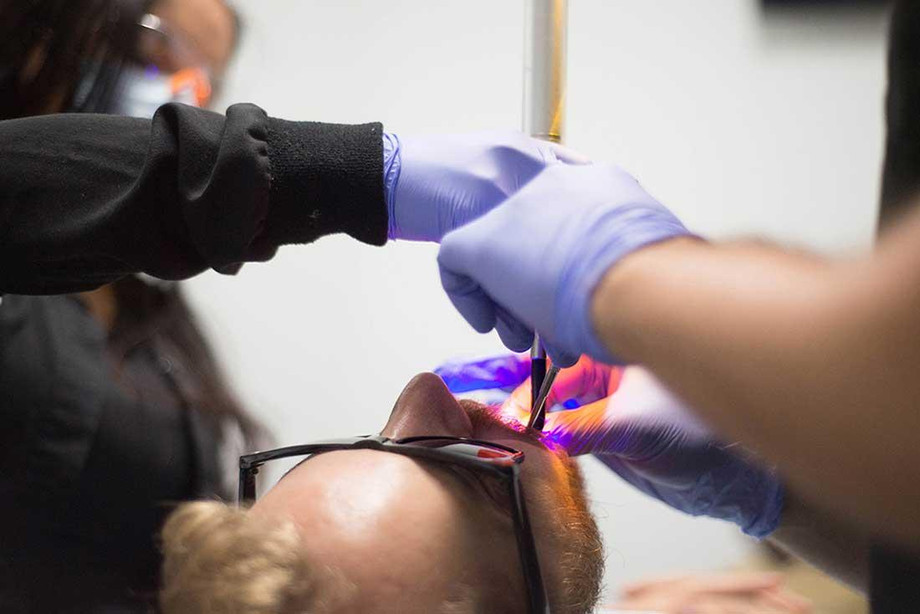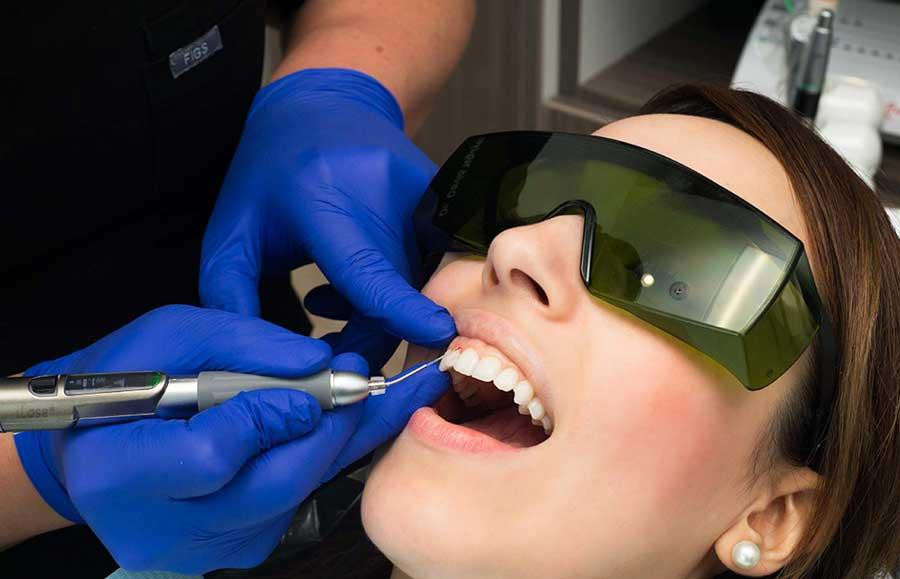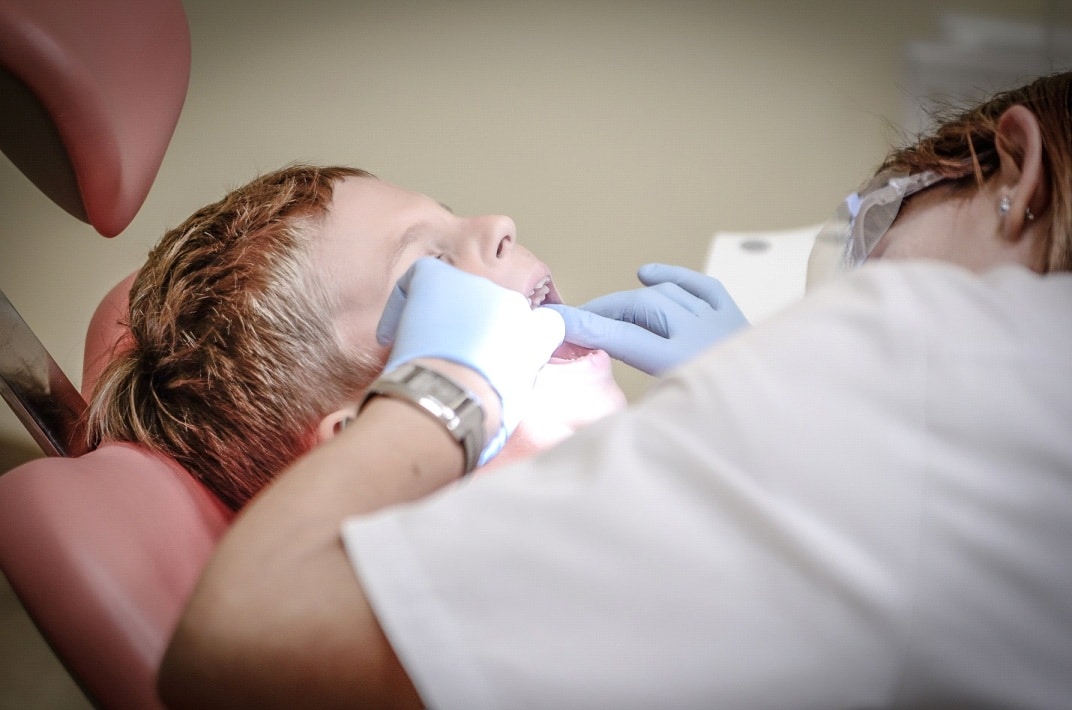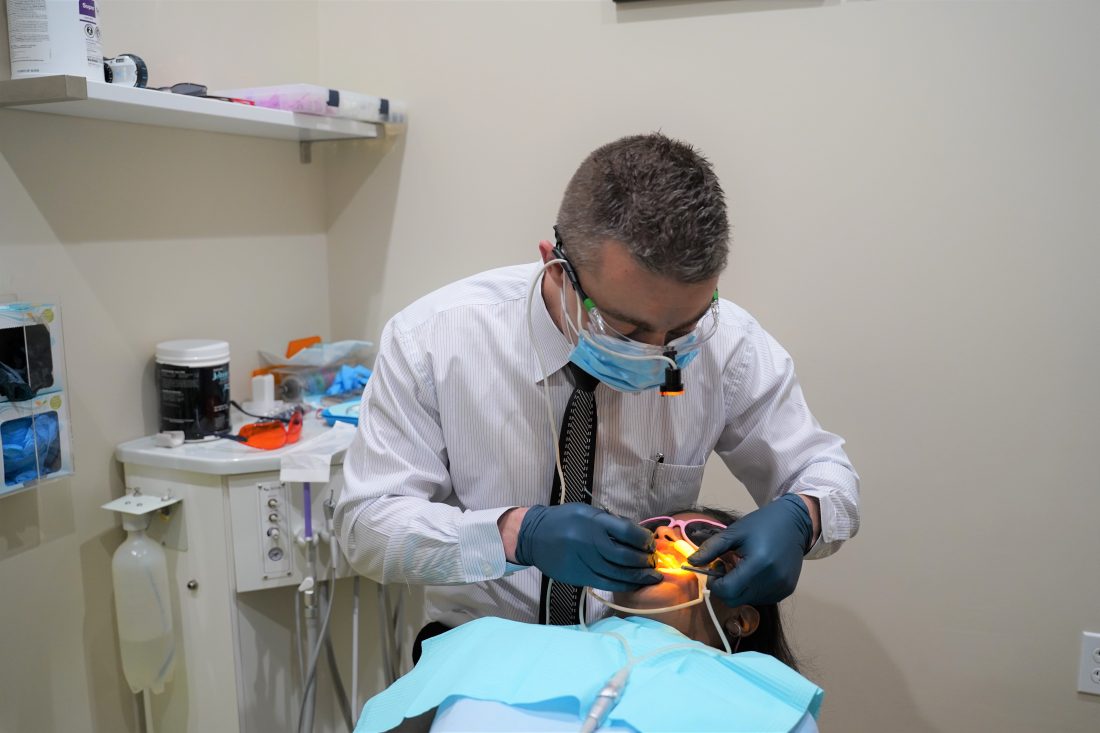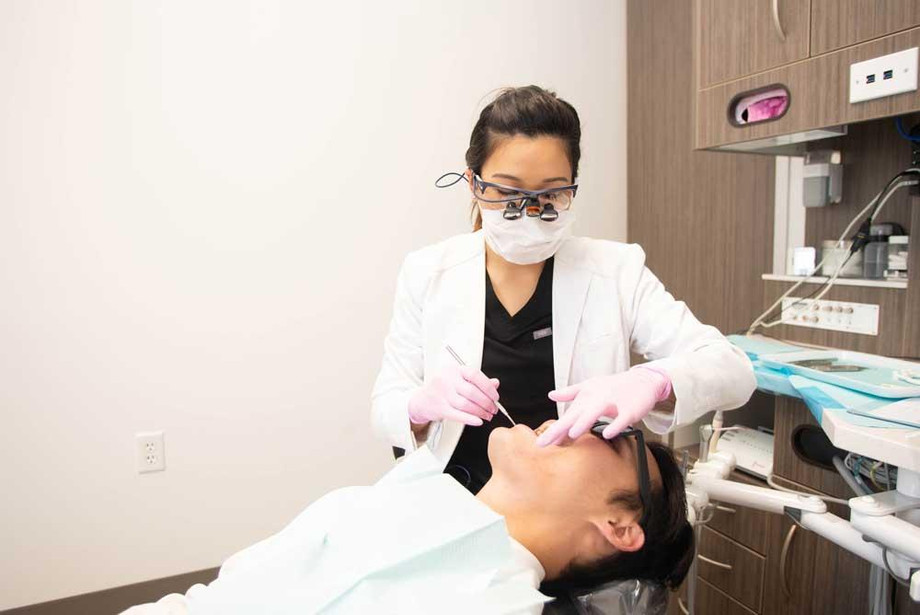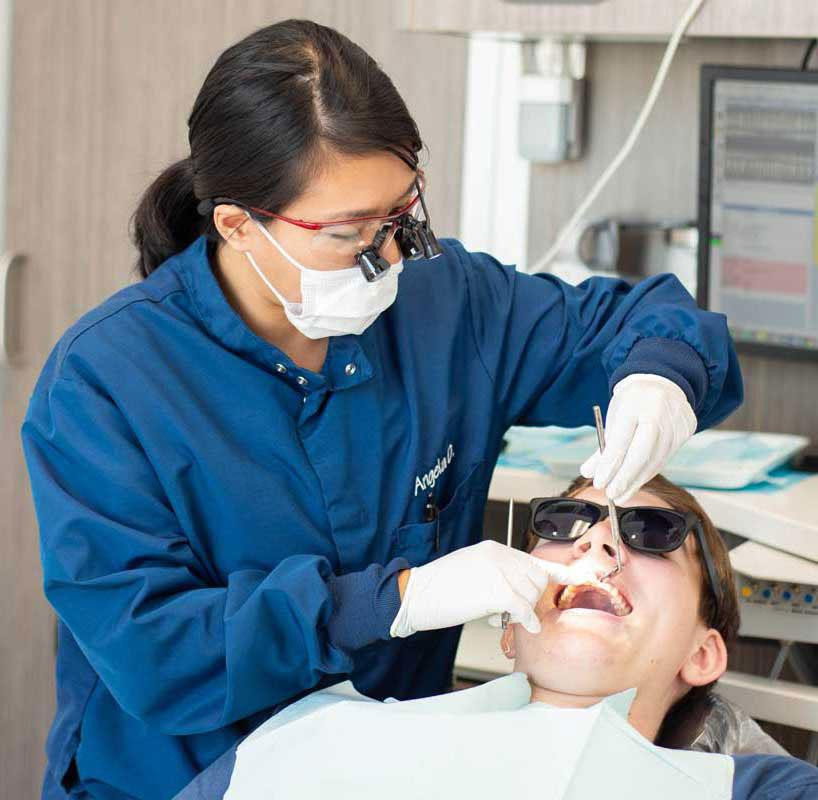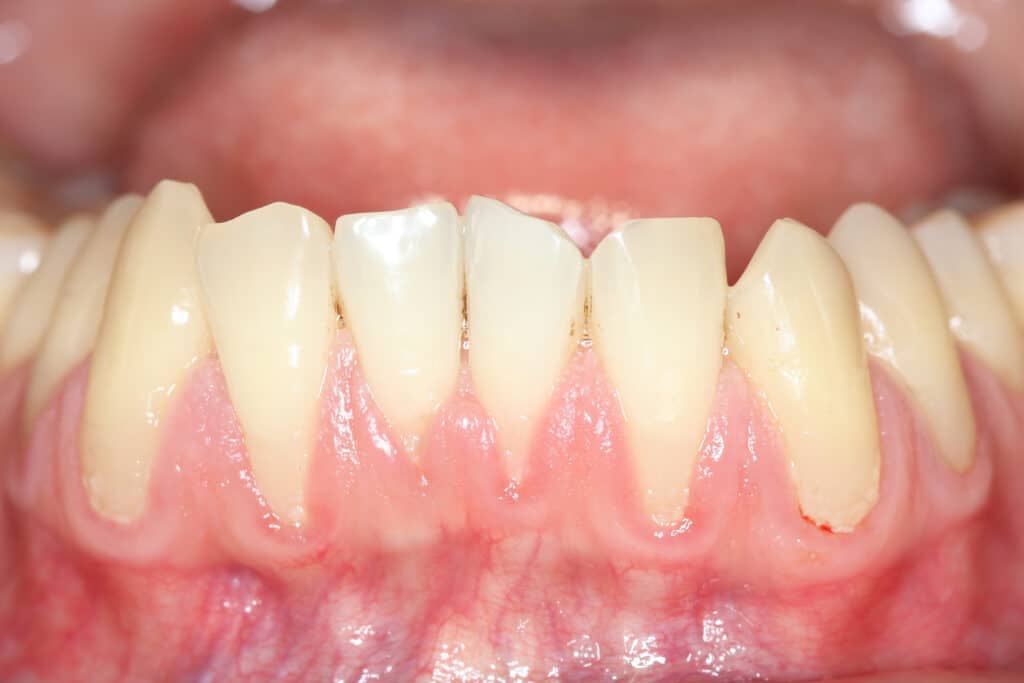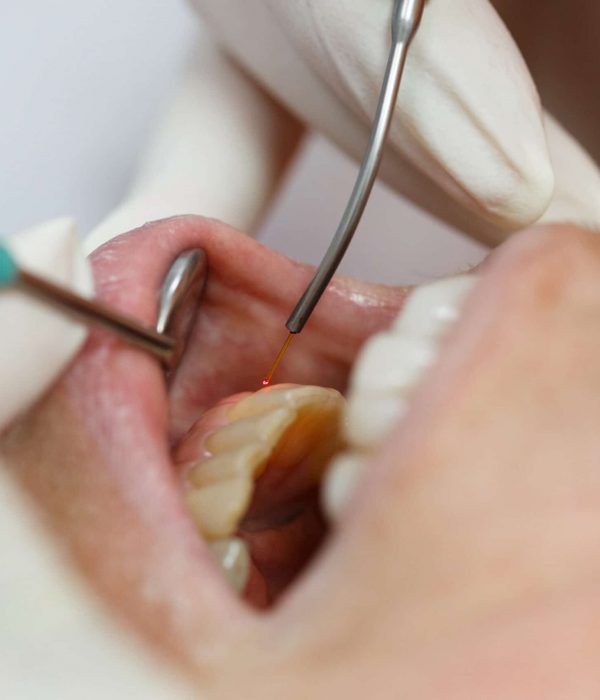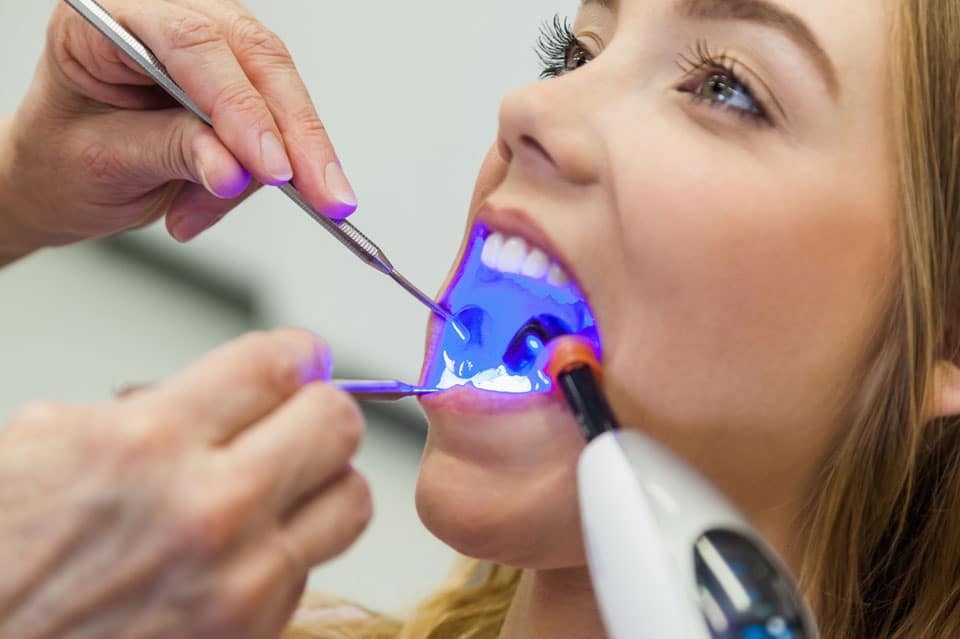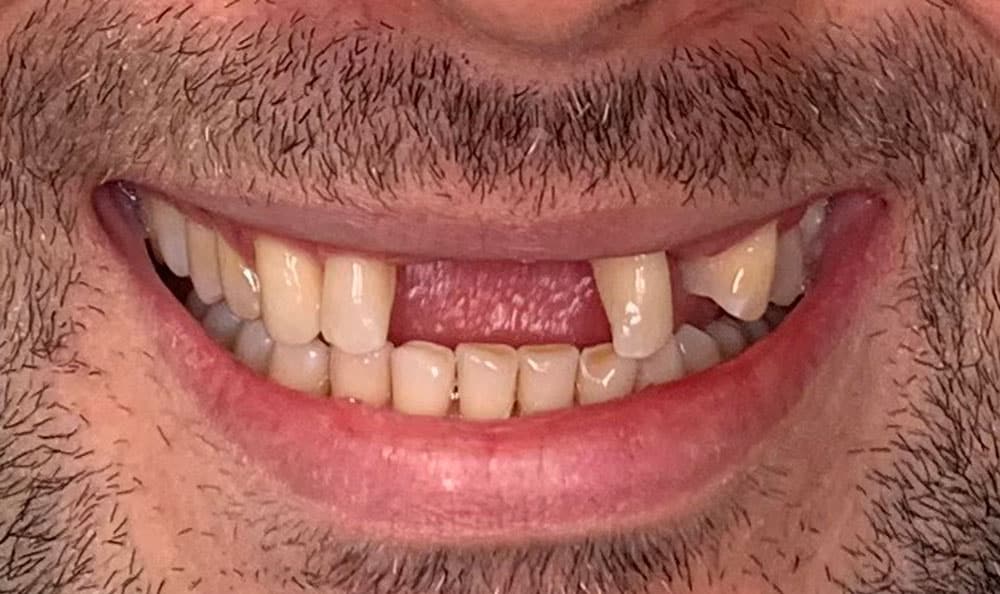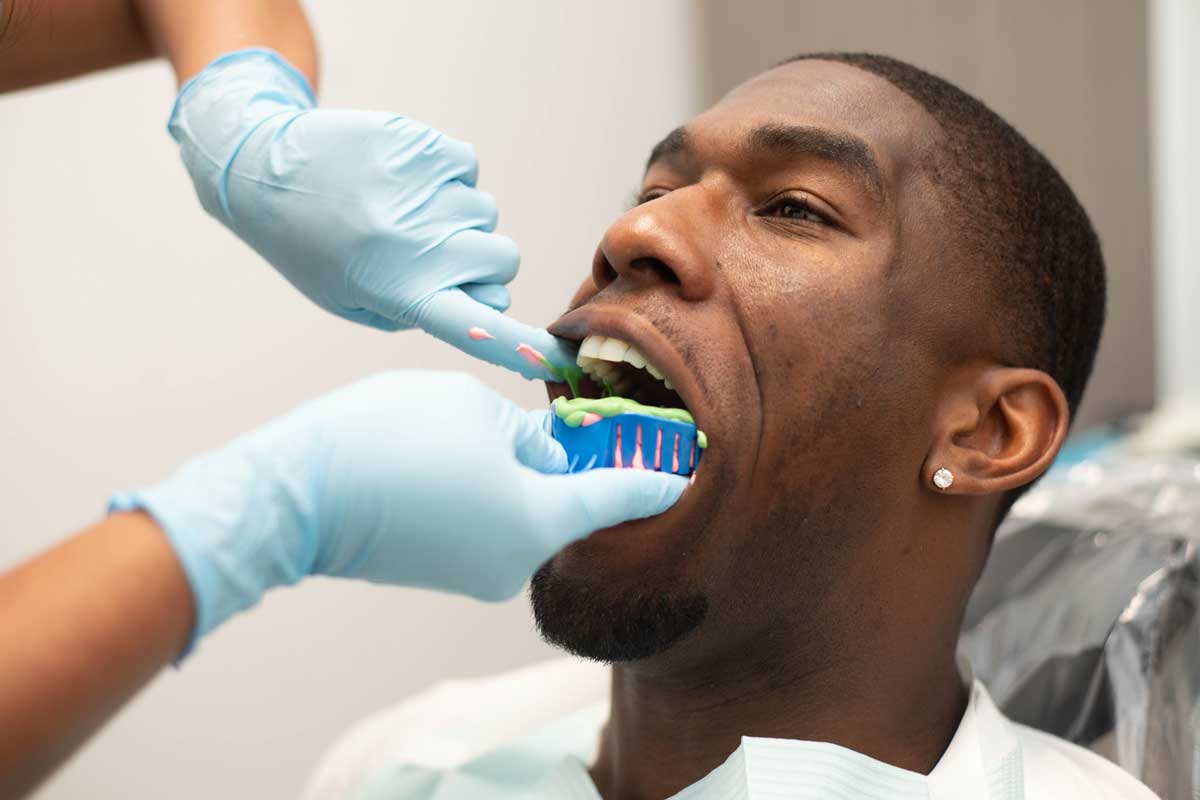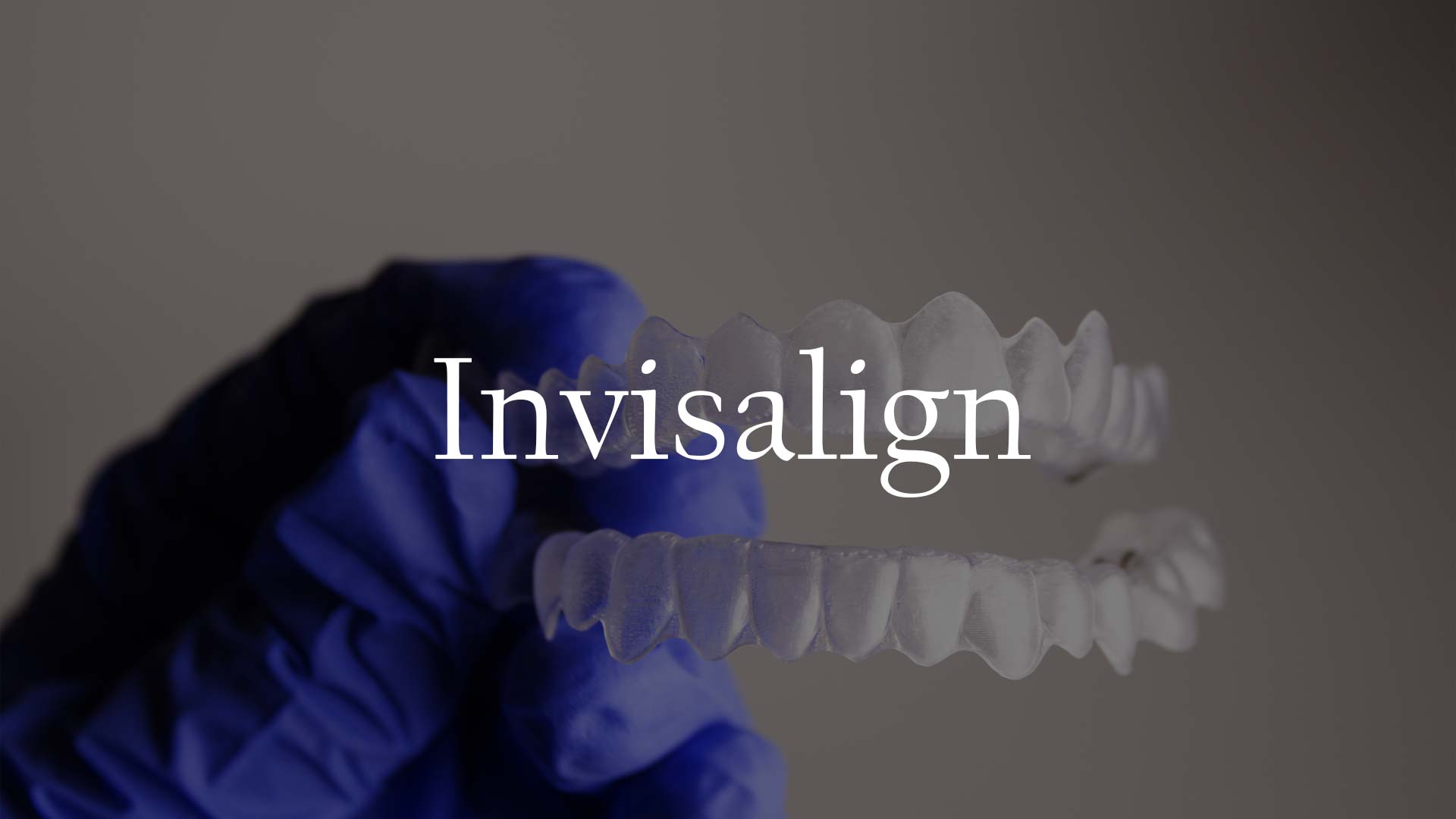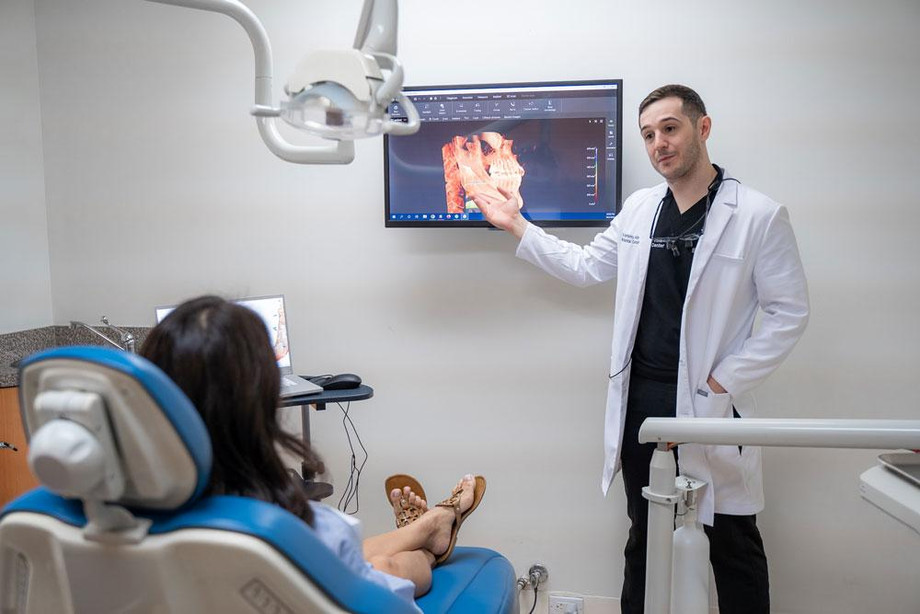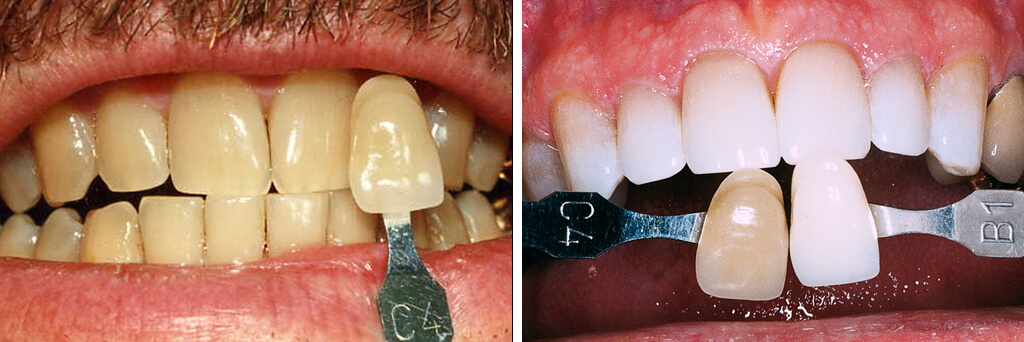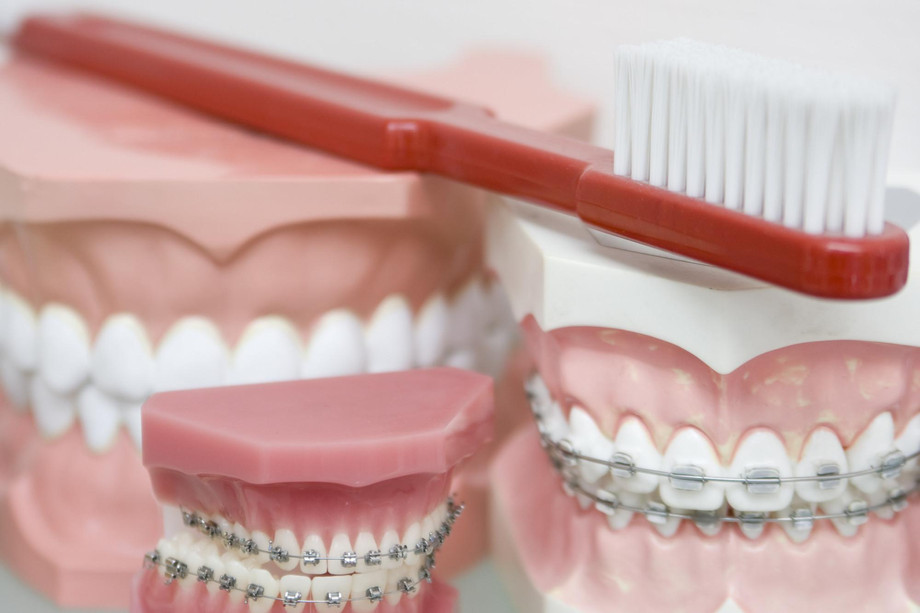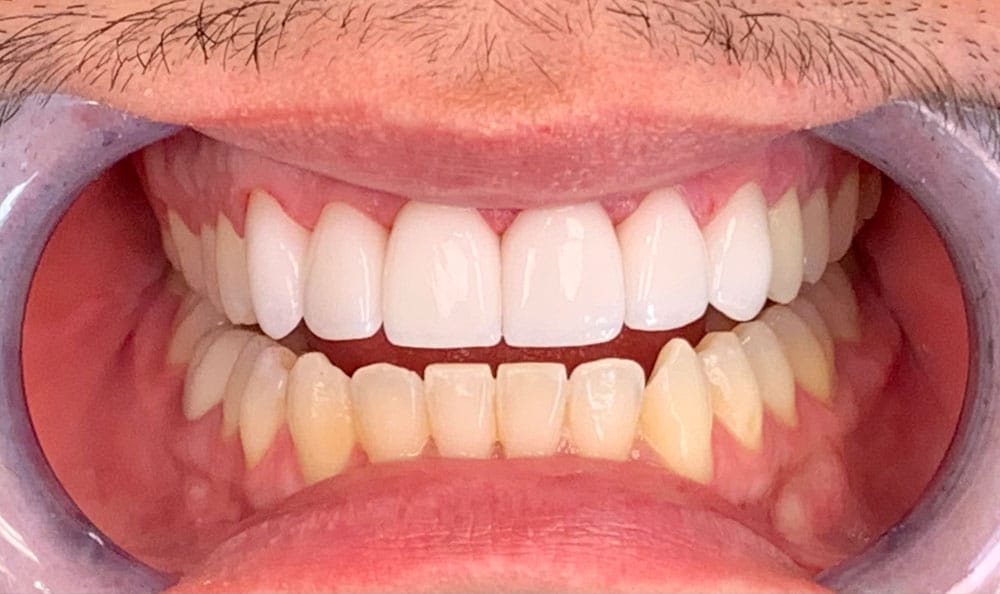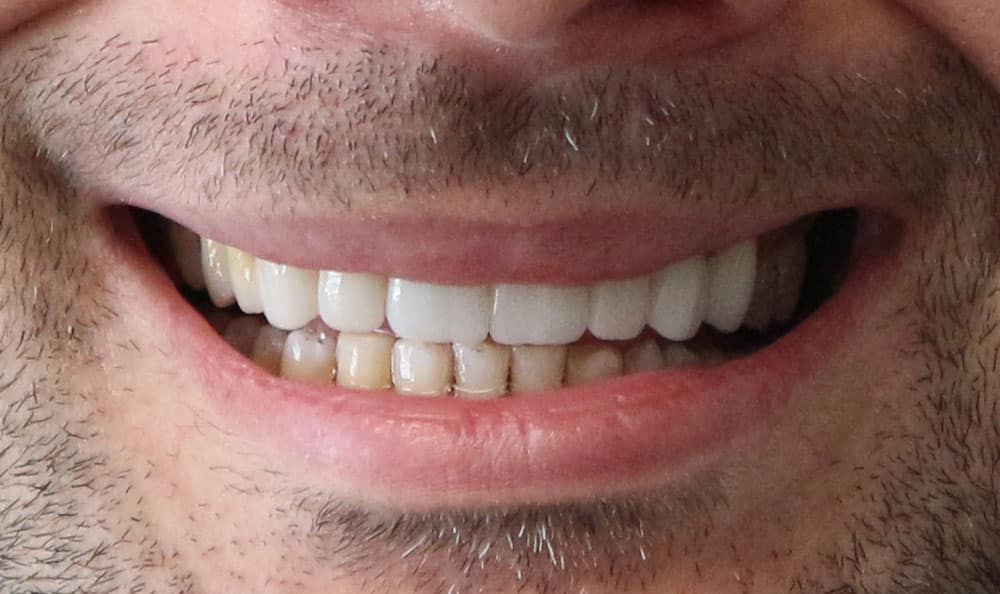The first thing that people notice is your smile. If your teeth are not healthy, you may feel embarrassed to talk and smile. The same goes for your child. Your child will feel shy to talk to anyone and can lose confidence. That is why it is essential to teach your kids healthy oral habits to maintain healthy oral health. Beautiful teeth can make your child smile brightly and loudly.
Therefore, healthy teeth can affect your overall health. It is essential to teach your kids good oral hygiene habits to have beautiful teeth and smile always. It will ensure sustaining better oral health. Visit your MetLife Miami dentist and consult the oral issues of your child.
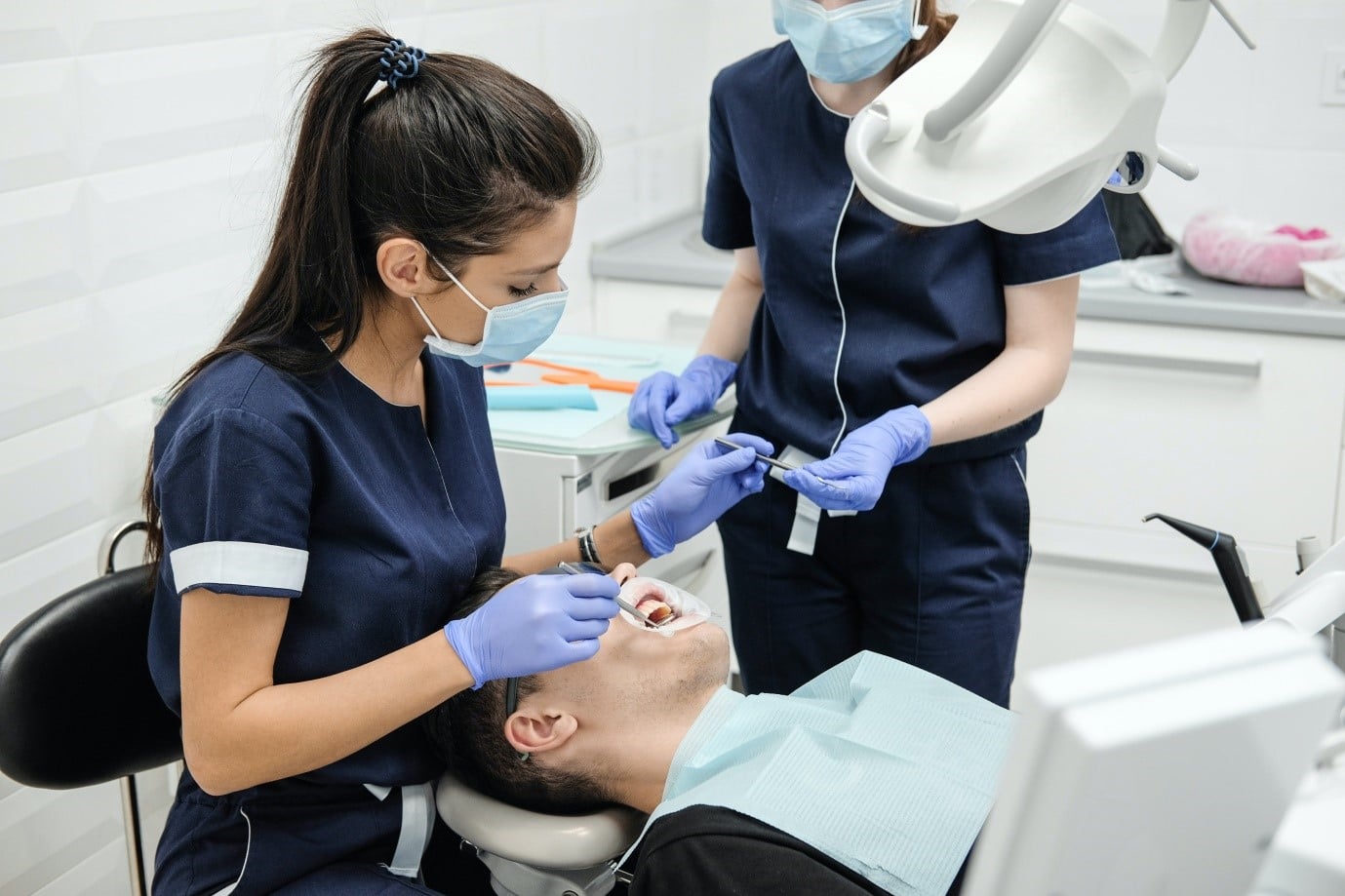
Eat Healthy Foods.
One of the essential things is to eat a healthy and balanced diet. You should maintain a healthy diet for your child. Make sure that you do not eat unhealthy foods a lot. Sometimes it is OK, but not every day is OK. Avoid sugary food and drinks that can decay your child's teeth. Eating lots of sugary foods and drinks can cause decay in their teeth and plaque buildup. The buildup of plaque in your child's teeth can cause gum disease.
To prevent decay and cavities, eat healthy vegetables and fruits that are good for your teeth and overall health. Also, avoid more processed food and high salt, which can cause damage to tooth enamel. A healthy diet affects a child's dental health, and eating foods rich in vitamins and calcium can promote healthy health and teeth. Foods like leafy vegetables, fruits, and dairy products can promote healthy teeth and bones.
Ask your child to chew their food properly before swallowing it. If they do not chew their food correctly, it may cause problems in digestion. Focus on making them nutritious, including plenty of fruits and vegetables, dairy products, and green leafy vegetables.
Healthy Brushing & Flossing:
You should teach your kids how to wash their teeth properly, and once they have the skill, let them do it independently. Monitor their brushing habits until they are around eight years old or until you are confident they are doing a great job. Make sure your children clean their teeth twice a day for two minutes and twice a day, and also floss their teeth. Ask your Miami childrens dentist for the best toothpaste for your child.
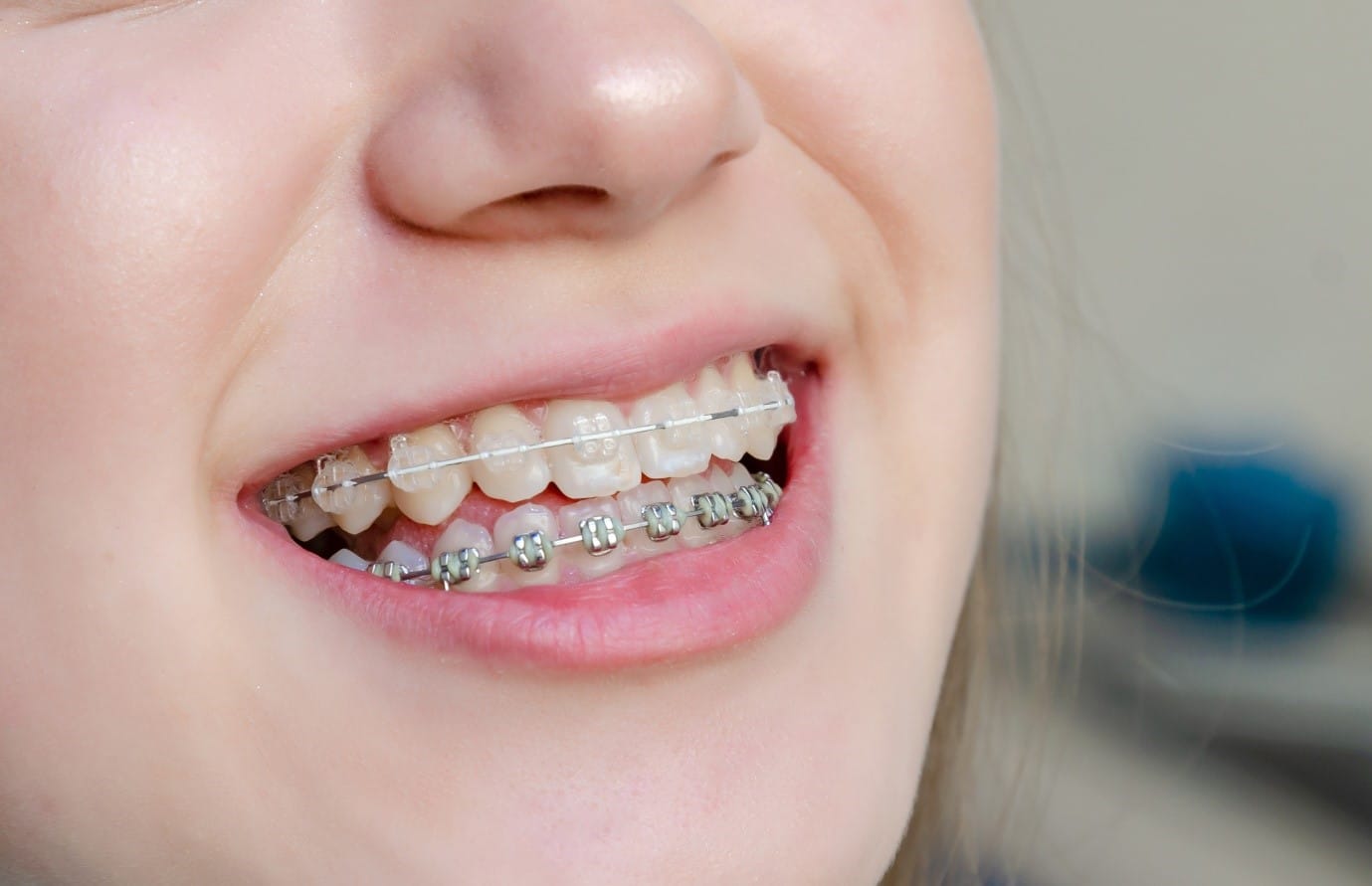
Avoid Starchy & Sugary Foods.
You should make sure that they limit their sugary foods, which can build bacteria in their mouth, leading to tooth decay and cavities. As long as the sugar remains in their teeth, the more chances that bacteria can grow.
Instead, teach them to eat a balanced diet with lean proteins, vibrant fruits and vegetables, complex carbs, healthy fats, and enough calcium for strong teeth. Children can also remove plaque when eating fresh fruits and vegetables, like apples and carrots. After their meals or snacks, ask them to drink water to remove all the deposited food in their teeth.
Visit Your Dentist Regularly.
Visiting the Miami children dentist is essential to maintain good oral health. Visiting your dentist twice a year for routine checkups and cleanings can ensure that they do not have any oral infection or disease. Dentists will prevent tooth decay, gum disease, and other dental problems during the visit. Visit your dentist for more details, and book an appointment now!
Article source : https://www.weblogforlove.com/what-are-the-oral-tips-to-teach-your-child-for-healthy-teeth/



